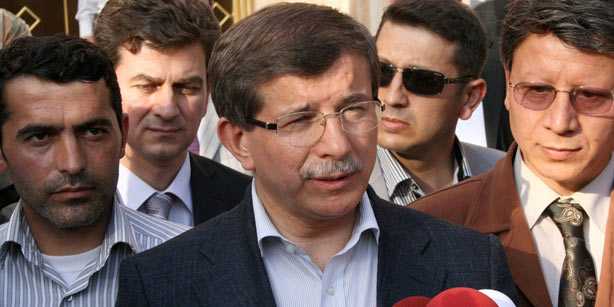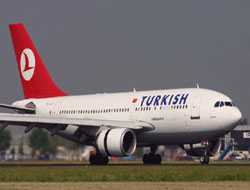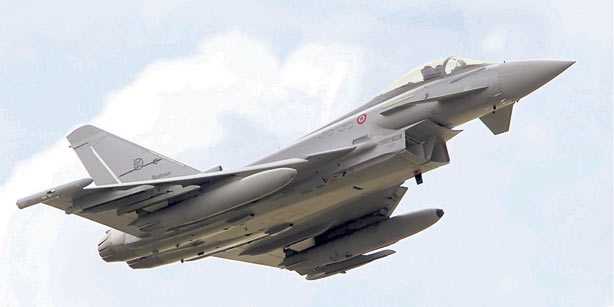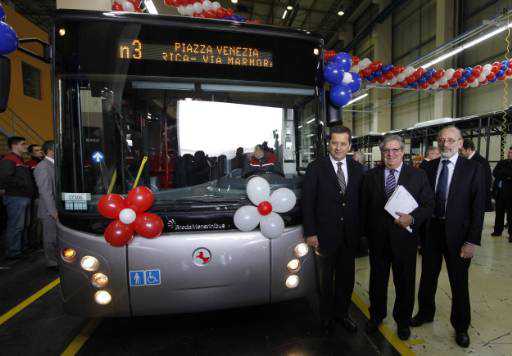 By: Julian D. W. Phillips, Gold/Silver Forecaster – Global Watch
By: Julian D. W. Phillips, Gold/Silver Forecaster – Global Watch
Just take a look at the chart of the U.S. dollar Index and you see a frightening sight. If it sinks any further its support will have evaporated. We have watched all this week the gold price rise and look good in the dollar. But in the euro it has barely moved. Against the Swiss Franc the dollar looks so weak. With the Technical picture looking so poor, one turns to the fundamentals to see if they conflict or support a downturn for the dollar.
The U.S. dollar Fundamentals
Can government govern finances?
The United States, right now, is on the brink of having used up all its legislated credit capacity. At $14.3 trillion there is a desperate need for a higher credit limit. Unless, by Friday, they have passed legislation to raise this, the government cannot issue checks or pay staff. Yes, they can use various tricks to delay this to accommodate political brinkmanship, but the outside world will be alarmed that the government is unable to tend to such basics or allows politics to overrule finances. Here there is a clash of systems, the need for financial correctness against the games politicians play. With President Obama’s administration without sufficient power to legislate as they want at a critical time when government should be strong, there is little to inspire confidence in the U.S. government. Global confidence in the U.S. dollar will be shaken if such a financial mess were to happen. We would most likely see the ratings agencies downgrade U.S. debt before that happens. From outside it looks as though the U.S. is oblivious to foreign investor’s opinions at a time when the U.S. is reliant on foreign investors buying U.S. debt.
Moving down the ladder we have seen so much in the press that individual States are on the brink of bankruptcy and some already there and little seems to be being done to rectify matters to date. Or should foreigners just presume that the Fed will rescue them with bailouts? If that is to be the path followed that again will undermine foreign investors confidence in the dollar.
What needs to be understood is that government finances at all levels have to be sound to inspire confidence? It seems to be a simple obvious statement, so why is it not being applied? Even Fed Chairman Mr. Ben Bernanke is calling for government to sort out the Federal deficit but all we see is a partisan battle that seems oblivious to their countries crying needs. Or do we misunderstand the scene. Are politics more important than good order? Today saw the revelation that China owns more than $360 billion of Treasuries than was thought to be the case. Does the government not worry about this dependence? Or does the government want to ensure that the dollar weakens? This is a strong impression pervading so many foreign exchanges now.
And the inflation coming from the food and energy worlds is globally pervasive and capable of threatening what little economic growth there is in the developed world. It will affect many, many countries and could reach into the U.S.A. We do expect the U.K to experience a shrinking of its GDP in the first quarter of 2011 announcing the arrival of a double-dip recession, so shrinking growth could also affect the U.S. still with its lackluster economy. What will this somewhat emasculated government do then?
The Trade Deficit
For so many years now the U.S. has run a Trade deficit balanced by a surplus on the Capital account. This inflow of capital is the flow of power from the U.S. to foreign creditors. Already we are seeing a tendency to try to diversify away from the U.S. dollar. If this trend gathers momentum then the overall picture on the Balance of Payments could sink to a deficit. How close is it now? Or is it happening as foreign investors diversify into other currencies to stave off or reduce the impact on their surpluses of a falling dollar and overweight natures of their dollar holdings. It’s bound to happen if only because of prudence. And yet the U.S. is doing nothing to address the situation, why not? We see that the main beneficiary of a weak dollar would be the U.S. on the trade front as well as on the debt front. So one question that needs an answer is, does the U.S. government want a weak dollar? Or is the U.S. government unconcerned at the U.S. dollar’s exchange rate.
Inevitable weakness
It seems that Europe and other nations are more worried about the U.S. dollar exchange rate than the U.S. is. This laissez-faire attitude appears to confirm that the U.S. has no intention of protecting the U.S. dollar’s exchange rate. For that reason we have to conclude that the U.S. dollar is inevitably headed to more weakness. In the past the ‘top dog’ nature of the U.S. currency meant that the rest of the world had to suck it up. Now, it’s only a matter of time before the U.S. is second to China’s economy in the world. By 202 the Chinese economy will have doubled and we have no doubt that the Yuan will be the world’s ‘top dog’ currency, eclipsing the dollar. When that happens and it may be well before 2020, the dollar like all other global currencies will have to pay its own bills with goods not simply freshly printed dollars.
The $ and the € Gold Price
Is it any wonder then that the gold price is rising in the U.S. dollar. The euro is, the Swiss Franc, the Pound and other currencies are rising in the dollar too. It’s not the gold price rising in the dollar it’s the dollar falling in terms of gold. Likewise other currencies are not rising against the dollar, the dollar is falling against them.
To get a clearer picture of what is really happening in the gold price one has to look at the gold price in the euro or the Swiss Franc. That will reflect demand and supply better. We have and will see the gold price rise in the euro for fundamental reasons but for accuracy’s sake we have to relegate the dollar price of gold to second or third place, because that’s more about the dollar than about gold.
Gold as part of the global monetary system
Today we read that the shareholders of the Bank of Italy, the Italian banks want to use the gold held by the central bank to shore up their balance sheets. The Bank of Italy has gold reserves of 2451.8 metric tonnes (68.6% of their foreign exchange reserves) at the moment. As shareholders assets, by including these reserves at market value, Italian banks look a lot healthier. Yes, this is a touch of ‘cooking’ the books, but it recognizes the fact that gold has a monetary value, recognized in the monetary world. In inter-nation currency transactions gold is being used to secure loans. It has a de facto role in the monetary system that is getting harder and harder to avoid.
Could gold be confiscated?
Of course gold will never be confiscated for the same reasons it was in 1933 [money supply expansion]. Its role today can be as collateral for international transactions, as we see it being used now. In a global world it is the only real monetary asset that bypasses nations to be global money that is truly mobile. Should a nation find itself in trouble, much like these Italian banks, then gold sits there waiting to shore up balance sheets and serve as collateral for international currency swaps for nations with questionable creditworthiness. Will the dollar fall into that category once the Yuan is a truly international currency? Certainly holding gold will bypass that eventuality. Even in the hands of the U.S. government its citizen’s gold could give the dollar a golden hue.
In China it is understood by all that all assets of the nation including citizen’s gold is the property of the state. In the U.S. citizens are allowed the privilege of owning gold and don’t have the right. How small a step to confiscating the huge tonnage of citizen’s gold wherever it is.
news.goldseek.com, 1 March 2011






